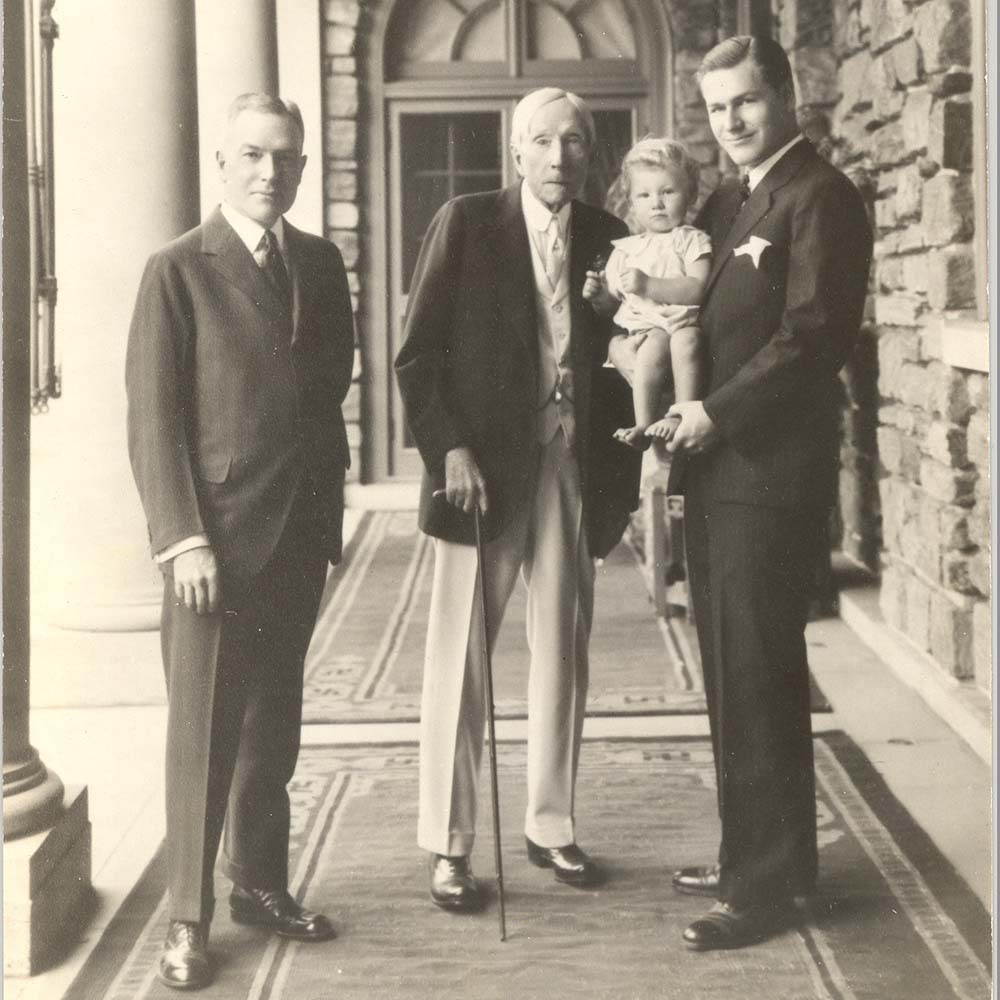Dynastic Capitalism and the Far Right Resurgence
The family office was until recently a marginal organizational form in American capitalism, long since made redundant, it was assumed, by the modern “democratic” structures of the public corporation and the divided responsibilities of managerial capitalism. With a handful of exceptions, most of the great family dynasties of the Gilded Age rapidly lost their distinct institutional form in the early twentieth century when they were forced to compete with and adapt to the presence of rising industrial conglomerates. As more and more corporations followed the “Berle and Means” model of industrial organization and resorted to the stock market to fund their large-scale operations, patrimonial owners gradually lost their commanding shares in companies they had founded and family ownership became synonymous with small business. Reflecting on this evolution, business historians such as Alfred Chandler routinely dismissed the familial form of business management as an archaism and impediment to industrial progress—better served, it was thought, by the separation of powers and distributed ownership of the publicly traded corporation. Max Weber, for his part, thought that the classic form of patrimonial power had been displaced (though perhaps not definitively) by the rise of modern bureaucratic forms of authority.
These theorists could hardly have anticipated the multiple challenges that would confront the public corporation in the late twentieth century, much less the resurgence of an organizational form—the privately-held family enterprise—which they considered a relic of the past. This paper focuses on the spectacular rise of the “single family office,” an entity that now competes with the private equity firm in scale and disruptive impact. It explores the thesis that we are currently witnessing a struggle between managerial capitalism, embodied in the publicly traded corporation, and a resurgent form of private, unincorporated, and increasingly dynastic capitalism. The symbiotic relationship between dynasts such as the Trumps, Mercers and DeVoses, on the one hand, and small family business on the other, shed considerable light on the dynamics of today’s far right.

John D. Rockefeller, Sr., with John D. Rockefeller, Jr., Nelson A. Rockefeller, and Rodman C. Rockefeller. Image from the Rockefeller archives (https://rockarch.org/).
Melinda Cooper
Melinda Cooper is Professor in the Research School of Social Sciences at the Australian National University. She is the author of Family Values: Between Neoliberalism and the New Social Conservatism (Zone 2017) and is currently completing a manuscript entitled On Capital Gains: The Counterrevolution in Public Finance.

